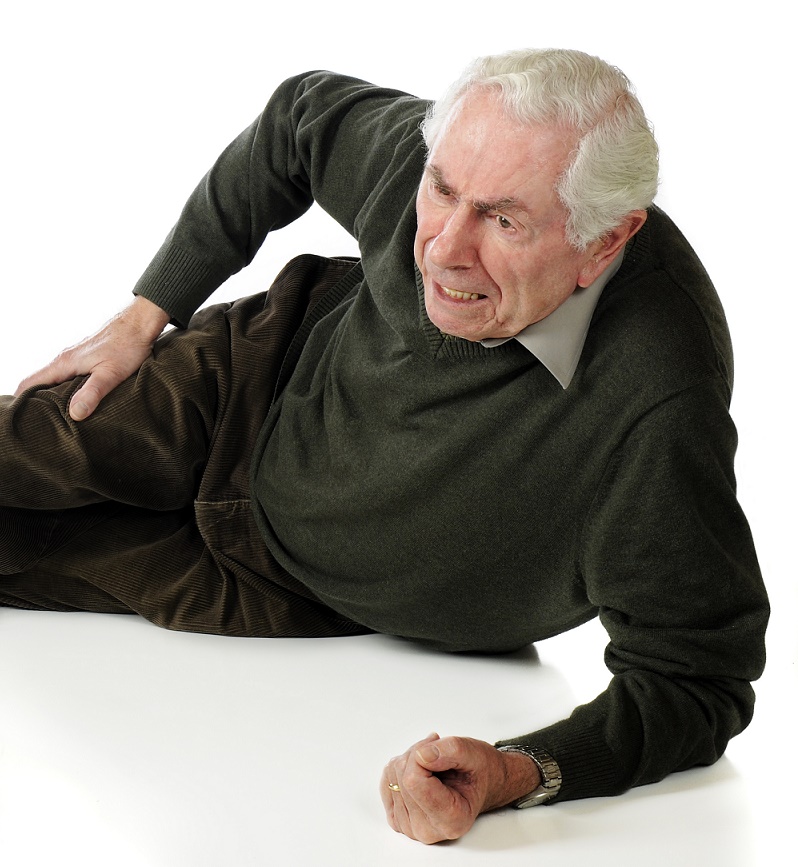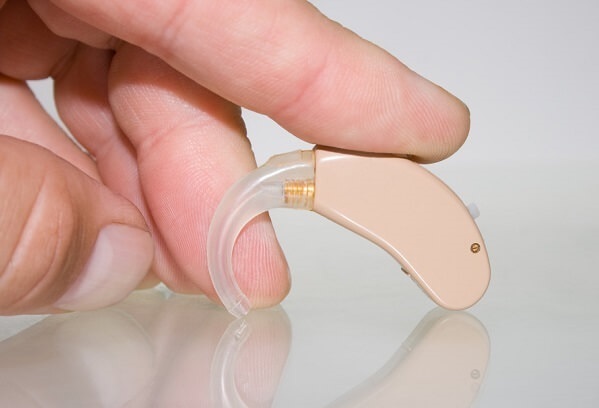
The use of technology at home for the purpose of keeping seniors safe and independent is not a new concept. In fact, the basic medical alert system has been around for over forty years. These systems have evolved slightly over that time but they still are very limited in their capabilities and often serve to deliver a false sense of security to the wearer and/or family. Too many incidents happen in the home where access to the medical alert system pendant is not possible.
Technology is being called on to keep pace with the powerful trend of seniors demanding to age gracefully at home. AARP data confirms that 96% of seniors would prefer to live at home. To support this, one of the latest trends in home-based safety technology for seniors are systems that can provide much more than simply limited “fall risk intervention”. These newer systems can deliver real-time “passive” safety monitoring, requiring no action on the part of the senior. This means you’re protected even if you forget to wear or press a pendant or are unconscious from a fall. Using virtually invisible sensors throughout the home or apartment, the system also identifies changes in patterns of behavior that might suggest a physical, emotional or mental change; a change that left unaddressed could lead to a fall, a diabetic complication, unrecognized cognitive impairment, a safety hazard or other such preventable incident. Motion sensors, “presence” mats, door and refrigerator sensors, and even integrated medication dispensing systems wirelessly feed data to a small base unit that also serves as a two-way safety communicator. By proactively and passively monitoring activity (or lack of activity) in the home, advanced systems today can serve as a true CRISIS PREVENTION system, by identifying risks early, and taking incremental steps to alter care well before a crisis arises.
New to the market, these advanced home safety monitoring systems offer a way to initiate or enhance a care plan at home. Systems today are very affordable (not much more than a daily cup of coffee), require no wiring or Internet, and can be customized to meet the needs today, and as the needs change over time. The system offers customized alerts and messages, including phone calls, for medication or doctor’s appointment reminders. Your caregivers or anyone interested in your well-being that has a smartphone, tablet or computer can get instant, real time alerts, messages or simple insights into how you’re doing at home. It’s more than a superficial peace of mind…it’s real data, that can be acted on before a crisis happens and an accident ensues.
While these technologies will continue to evolve, it’s essential that family members and caregivers understand there are cost effective options in the marketplace now that can be used in conjunction with caregivers providing hands on assistance that will give family members remote monitoring data of a loved one without having to pay for care 24 hours a day. Currently, Amada Senior Care offers these services in the greater Nashville area with a technology called BeClose with Amada. Please reference www.AmadaSeniorCare.com/Nashville and www.BeClosewithAmada.com to learn more.
Submitted by Kevin Fehr, President & Owner of Amada Senior Care- Nashville


Comments